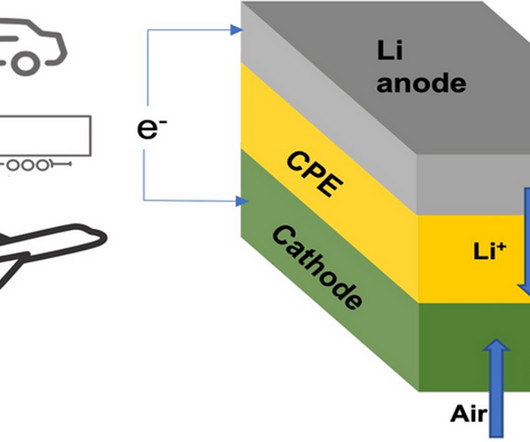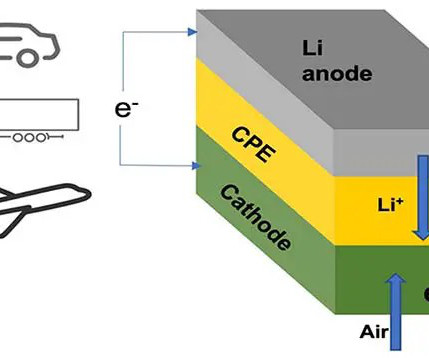Electric car range significantly boosted by lithium-air battery revelation
Innovation News Network
FEBRUARY 24, 2023
A new lithium-air battery has four times the energy density of lithium-ion batteries and will extend electric car range significantly. The post Electric car range significantly boosted by lithium-air battery revelation appeared first on Innovation News Network.






















Let's personalize your content